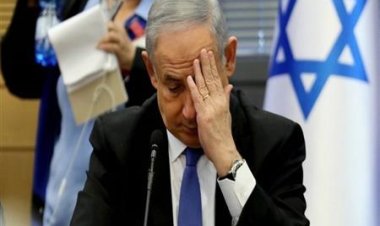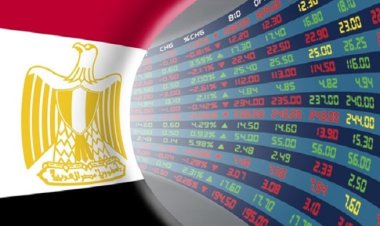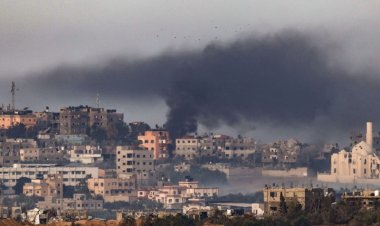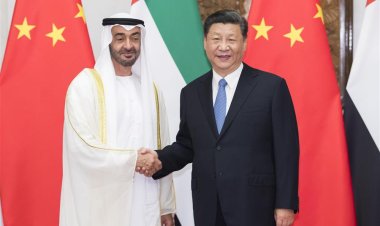$300 billion.. Kuwait's investments in the energy sector until 2024
Kuwait plays a positive role in supporting OPEC and building consensus and cooperation with the countries of the organization and its customers around the world, in a way that contributes to the stability, stability and development of the market.
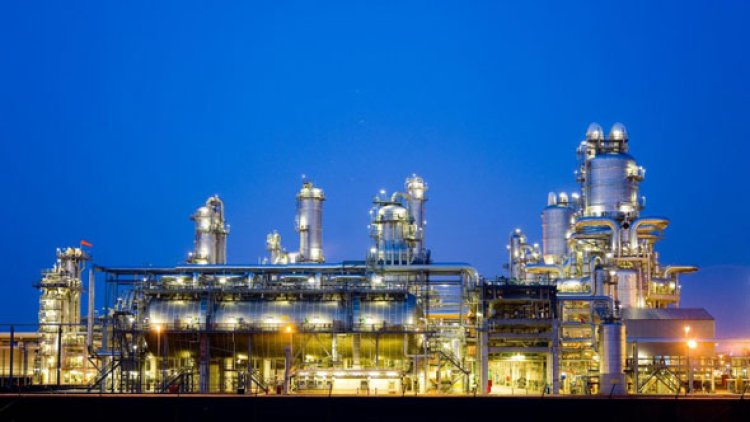
Kuwaiti Deputy Prime Minister, Minister of Oil and Minister of State for Economic Affairs and Investment Saad Al-Barrak said that his country plans to invest more than $300 billion in the energy sector by 2040.
Al-Barrak added, in statements to the Emirates News Agency, WAM, that Kuwait aims to increase its oil production capacity to 3.2 million barrels per day by the end of 2024, and that "oil and its derivatives are a basic component of the Kuwaiti economy."
He said, "Global investment in the energy sector is witnessing large gaps that must be dealt with so as not to cause crises that negatively affect markets and the global economy."
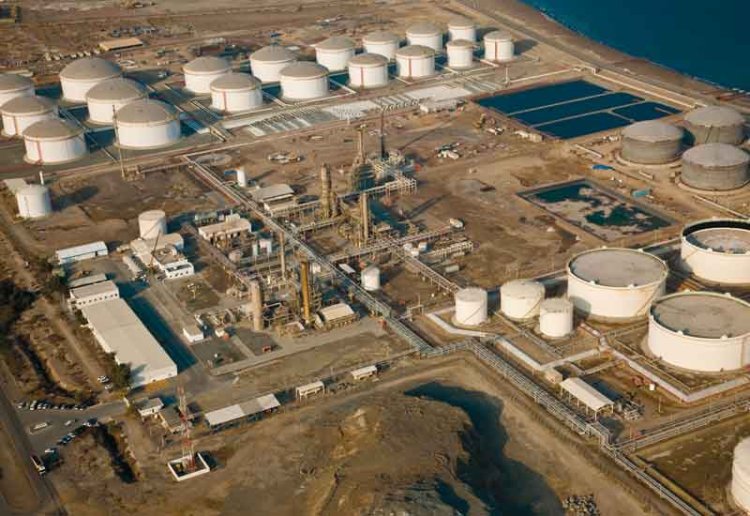
Global oil market
In his remarks, which came on the sidelines of the eighth international "OPEC" conference, which kicked off yesterday in the Austrian capital Vienna, Al-Barrak stressed that the Organization of Petroleum Exporting Countries "OPEC" plays a vital role in the stability of the global oil market.
He added that Kuwait plays a positive role in supporting OPEC and building consensus and cooperation with the countries of the organization and its customers around the world, in a way that contributes to the stability, stability and development of the market.
For the UAE to host the Conference of the Parties "COP28" by the end of this year and the role that Kuwait can play in making this event a success, Al-Barrak said": We are ready to cooperate with our brothers in the UAE for the success of the most important climate and environmental event hosted by the region, as the success of the conference is the culmination of the process of international climate action through cooperation and joint action to protect the planet".
He affirmed his country's commitment to achieving net zero carbon emissions by 2050, noting that Kuwait aims to invest in alternative and environmentally friendly energy, which would enhance its position as a global energy center.
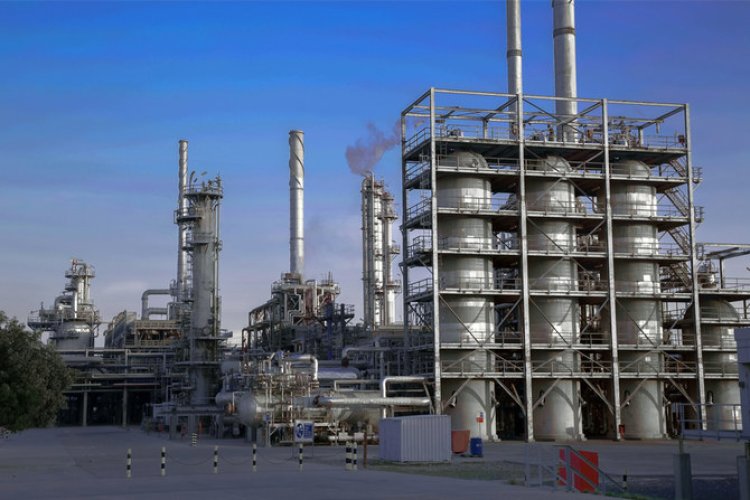
Investing in oil fields
In anather side, Iraq and Kuwait agreed to cooperate in setting up mechanisms for investing in their oil fields on their common borders of 6 fields.
It is noteworthy that the joint oil fields that extend on both sides of the border between Iraq and Kuwait were drawn by a decision issued by a committee formed by the United Nations in 1993.
In the north of Kuwait lies a group of oil fields, the most important of which are Al-Rawdatain, Bahra, and Al-Sabriya.. In southern Iraq, the Zubair, Al-Qurna, and Majnoon Island fields are located.
There is an important field that extends across the lands of the two countries from north to south and is located to the west of the "Safwan - Abdali" port, where Kuwait calls the part of its territory the name of Ratqa, and Iraq calls it the name of Rumaila.
It is noteworthy that Iraq is the second largest producer of crude oil in the Organization of the Petroleum Exporting Countries "OPEC" after Saudi Arabia, with an average production of 4.6 million barrels per day in normal conditions, and depends on oil revenues to finance up to 92 percent of state expenditures.
Iraq currently produces 11% of the 43 million barrels per day produced by OPEC Plus.


 Shrouq
Shrouq 







